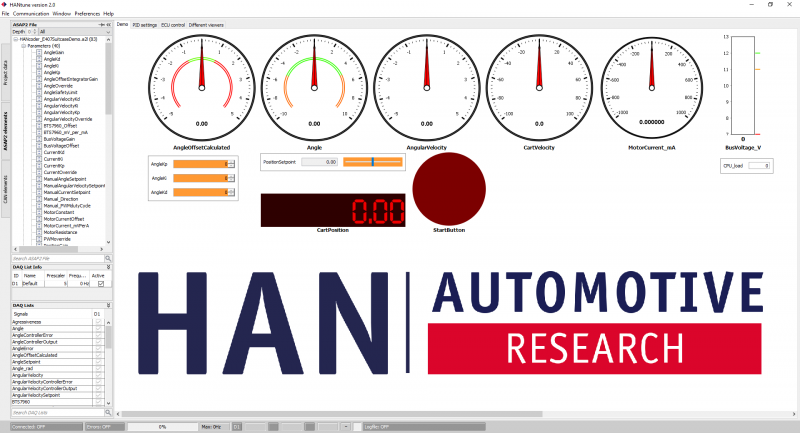Difference between revisions of "HANtune"
| Line 1: | Line 1: | ||
{{HANtune}} | {{HANtune}} | ||
| + | |||
| + | =HANtune Manual= | ||
| + | [[File:HANtune.png|800px|center]] | ||
| + | |||
| + | ==Introduction== | ||
This is the manual for the HANtune monitoring and tuning software. It provides basic information about the program and how to use it. | This is the manual for the HANtune monitoring and tuning software. It provides basic information about the program and how to use it. | ||
| Line 17: | Line 22: | ||
Page 2 and further will provide in-depth details about most features of HANtune. To keep the size and complexity of this manual manageable, some less relevant details are not discussed. | Page 2 and further will provide in-depth details about most features of HANtune. To keep the size and complexity of this manual manageable, some less relevant details are not discussed. | ||
| + | ==Links== | ||
| − | + | * [http://www.openmbd.com/wiki/index.php/HANtune/Quick_Start Quick Start (done)] | |
| − | + | * [http://www.openmbd.com/wiki/index.php/HANtune/Project_Data_Sidetab Project Data Sidetab (done)] | |
| − | + | * [http://www.openmbd.com/wiki/index.php/HANtune/ASAP2_Elements_Sidetab ASAP2 Elements Sidetab (done)] | |
| − | + | * [http://www.openmbd.com/wiki/index.php/HANtune/CAN_Elements_Sidetab CAN Elements Sidetab (R)] | |
| − | + | * [http://www.openmbd.com/wiki/index.php/HANtune/Creating_a_Layout Creating a Layout (R)] | |
| − | + | * [http://www.openmbd.com/wiki/index.php/HANtune/Communication Communication (M)] | |
| − | + | * [http://www.openmbd.com/wiki/index.php/HANtune/Logging Logging (M)] | |
| − | + | * [http://www.openmbd.com/wiki/index.php/HANtune/Error_Monitoring Error Monitoring (M)] | |
| − | + | * [http://www.openmbd.com/wiki/index.php/HANtune/TroubleShooting TroubleShooting (M)] | |
Revision as of 13:19, 17 March 2017
HANtune Manual
Introduction
This is the manual for the HANtune monitoring and tuning software. It provides basic information about the program and how to use it.
HANtune is a real-time software application for Windows, written in Java. It can be used as a generic CAN-dashboard, as well as a tuning and calibration tool using the XCP protocol. HANtune is capable of:
- Automated recognition of parameters from generated code using the ASAP2 file, and present these in a list for usage. These can be constants (parameters) or variables (signals).
- Automated recognition of CAN messages and signals from a dbc file, and present these in a list for usage. These can be used for both visualizing and sending CAN-messages.
- Visualizing parameters and CAN-messages by using “viewers” and adjusting parameters and sending CAN-Messages by using “editors”.
- Logging the received data to a log file. (.csv file)
- Displaying active errors (occurred at runtime) and stored errors (all errors) with an option to delete or log them.
Page 1: Quick start aims at the HANtune users who want to get up and running with the absolute minimum, without being bothered by any other details. It may also be very convenient to first go through this chapter first, before diving into the details provided by the other chapters.
Page 2 and further will provide in-depth details about most features of HANtune. To keep the size and complexity of this manual manageable, some less relevant details are not discussed.
